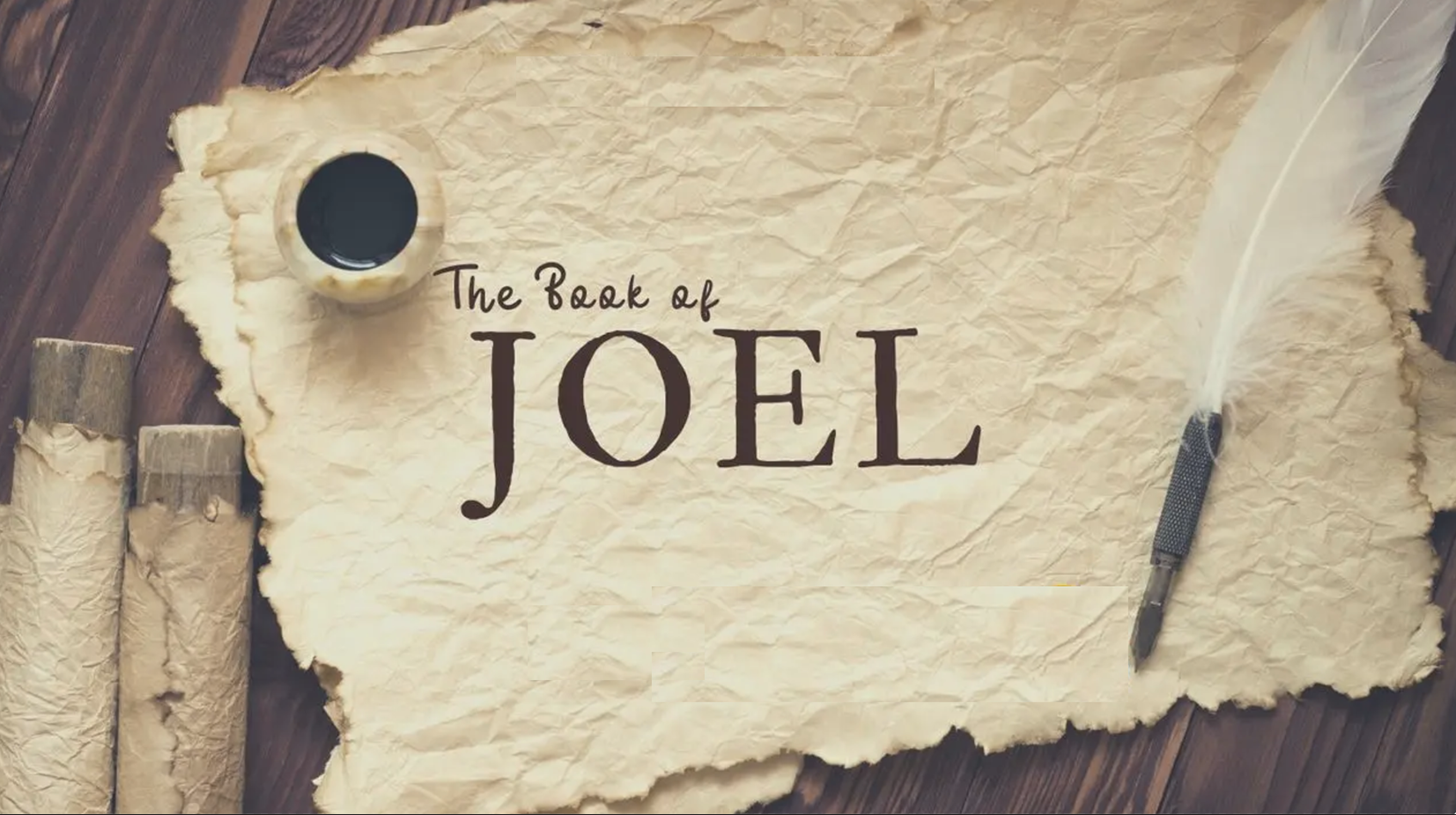Joel warns the people to repent and turn back to God before judgement falls upon them.
INTRODUCTION TO
Joel
Outline:
- Invasion of locusts. (1:1–2:11)
- God’s mercy on the repentant. (2:12-27)
- Final judgment and triumph of God. (2:28–3:21)
Author: Joel.
Date Written: Between 835 and 800 b.c.
Time Span: While the exact length of Joel’s ministry is not known, his prophecies span the time until the future restoration of Jerusalem is complete.
Title: The book is named after its author, the prophet Joel. Joel has been called the “prophet of Pentecost.” The name Joel means “Yahweh is God.”
Background: Judah, the setting for the book of Joel, is devastated by a vast horde of locusts. This invasion of locusts destroys everything: the fields of grain, the vineyards, the gardens, and the trees. Joel symbolically describes the locusts as a marching human army and views all this as divine judgment coming against the nation for her sins.
Where Written: Probably Jerusalem.
To Whom: Primarily to the southern kingdom of Judah, but also to all Jews and Gentiles.
Content: A terrible locust plague is followed by a severe famine throughout the land. Joel uses these happenings as the catalyst to send words of warning to Judah that unless the people repent quickly and completely, enemy armies will devour the land as did the natural elements. Joel appeals to all the people and the priests of the land to fast and humble themselves as they seek God’s forgiveness. If they will but respond, there will be renewed material and spiritual blessings for the nation. But the day of the Lord is coming. At this time the dreaded locusts will seem as gnats in comparison, as all nations receive their judgment. Finally, Joel gives an account of Jerusalem’s ultimate restoration and prosperity.
Key Words: “Locusts”; “Spirit.”
The book of Joel is highlighted by two major events. One is the invasion of “locusts,” which devastates the lands of rebellious Judah. The other is God pouring out His “Spirit” on all people, which will result in sons and daughters prophesying, old men dreaming dreams, and young men seeing visions (2:28). The initial fulfillment of this is quoted by Peter in Acts as having taken place at Pentecost.
Themes: • Without repentance, judgment will be harsh, thorough, and certain. • Our trust should not be in our possessions—which can be taken from us—but in the Lord our God. • God at times may use nature, sorrow, or other common occurrences to draw us closer to Him. • God’s covenant with His people will endure forever.
Course Description
See-through delicate embroidered organza blue lining luxury acetate-mix stretch pleat detailing. Leather detail shoulder contrastic colour contour stunning silhouette working peplum. Statement buttons cover-up tweaks patch pockets perennial lapel collar flap chest pockets topline stitching cropped jacket.
Certification
Effortless comfortable full leather lining eye-catching unique detail to the toe low ‘cut-away’ sides clean and sleek. Polished finish elegant court shoe work duty stretchy slingback strap mid kitten heel this ladylike design slingback strap mid kitten heel this ladylike design.
Who this course is for
- Anyone interested in learning about business (only practical concepts that you can use and no boring theory + we won’t cover business topics that are common sense).














